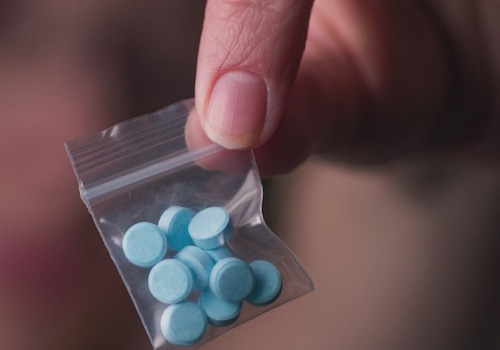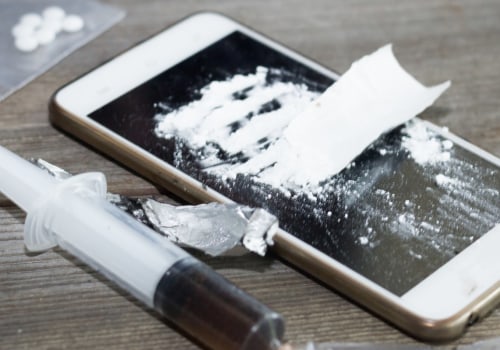Conviction on a drug possession charge in Alabama could lead to your incarceration, thousands of dollars in fines and court costs, having a felony on your permanent criminal record, losing your driving privileges, and putting yourself in danger of being treated as a habitual offender in the event of any future criminal. All states regulate and control the possession for personal use of controlled hazardous substances (CDS), although each state differs in its exact definition of CDS and penalties for possession. Alabama believes that not only drugs known as marijuana, heroin and cocaine are controlled substances, but also the compounds used to make them. Possession of drug paraphernalia, such as pipes, is also illegal.
Possession of a Schedule I substance is a Class D felony. A Class D felony conviction results in a sentence of 1 year and one day to 5 years. This differs from Alabama's treatment of marijuana because with hashish there is no lesser penalty for personal use. Possession of hashish or concentrates in Alabama will be a Class D felony even if the compound had been for personal use.
Possession of equipment or materials with the intention of manufacturing a controlled substance is included under the manufacturing charge. In Alabama, criminal penalties depend on the type of CDS for possessing a person and whether the person has a previous conviction. If you are accused of possessing or controlling large quantities of these drugs, you will be charged with felony trafficking. Or, if you possess marijuana for personal use, but have been previously convicted of a marijuana offense, you are facing a Class D felony.
In their strictest form, these laws prohibit drivers from driving a motor vehicle if they have a detectable level of an illicit drug or metabolite of a drug (i. The law also prohibits prescription drugs without a prescription and makes it a criminal offense to use a counterfeit prescription or any type of prescription fraud to obtain controlled substances. To discuss the level of the charge you will face if you are discovered with drugs, or if drugs were found in your home, vehicle, or workplace, contact a drug possession lawyer right away. In many drug possession cases, the best defense is to challenge the way the police obtained the evidence against you.
This means that you have been accused of having drugs on your person or on your property (such as your house or car). Real possession occurs when drugs are in your hand, for example, in your pocket or in a backpack that you are wearing. Unless the charge is for simple possession of marijuana for the first time, most drug possession charges in Alabama are felonies.




